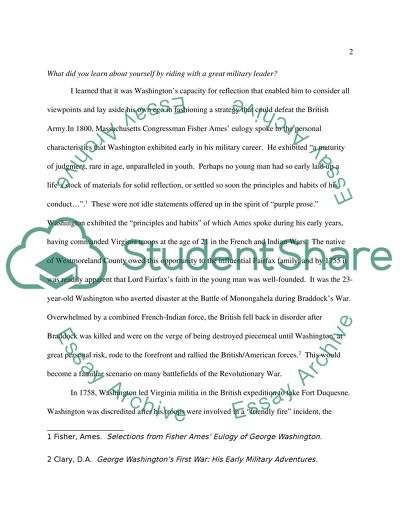Cite this document
(“The Tactics of Persistence: George Washington and the Virtues of Assignment”, n.d.)
Retrieved from https://studentshare.org/military/1442975-the-tactics-of-persistence-george-washington-and-the-virtues-of-military-expediency
Retrieved from https://studentshare.org/military/1442975-the-tactics-of-persistence-george-washington-and-the-virtues-of-military-expediency
(The Tactics of Persistence: George Washington and the Virtues of Assignment)
https://studentshare.org/military/1442975-the-tactics-of-persistence-george-washington-and-the-virtues-of-military-expediency.
https://studentshare.org/military/1442975-the-tactics-of-persistence-george-washington-and-the-virtues-of-military-expediency.
“The Tactics of Persistence: George Washington and the Virtues of Assignment”, n.d. https://studentshare.org/military/1442975-the-tactics-of-persistence-george-washington-and-the-virtues-of-military-expediency.


